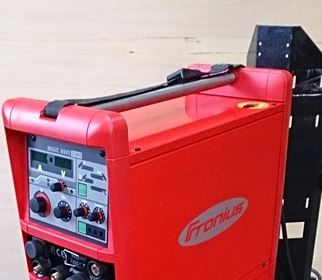Technologie
-
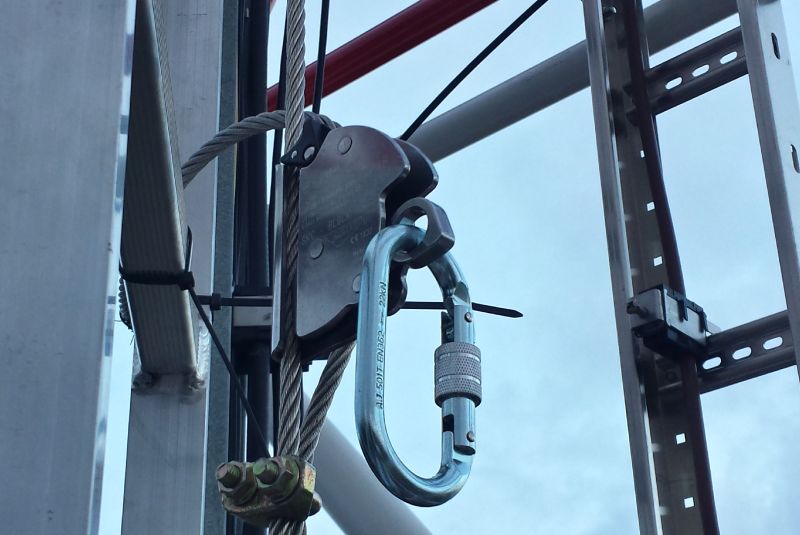
System przeciwupadkowy – co to jest i jak działa?
Read more: System przeciwupadkowy – co to jest i jak działa?Praca na wieżach i masztach potrafi być niebezpieczna. Widać to po zalecaniach producentów sugerujących by przy wietrze powyżej 5 m/s nie prowadzić prac na konstrukcjach. Na szczęście mamy do dyspozycji uprzęże BHP lub alpinistyczne, które istotnie zwiększają bezpieczeństwo, choć rzadko wygodę. Szczególnie niekomfortowa jest zmiana pozycji na maszcie, gdy każdy krok oznacza konieczność przepięcia lejcy….…
-
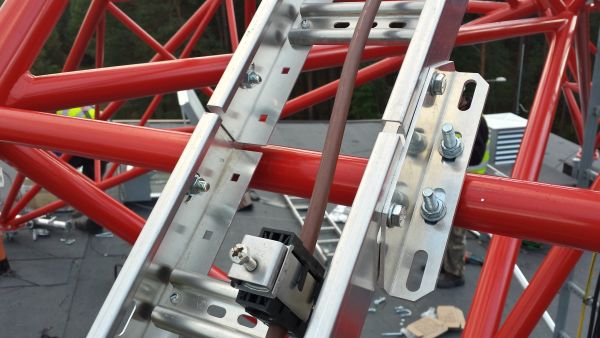
Jak odgromić maszt bezpiecznie? Wiedza podstawowa.
Read more: Jak odgromić maszt bezpiecznie? Wiedza podstawowa.Są trzy główne zagadnienia w przypadku odgromienia masztów telekomunikacyjnych które należy wziąć pod uwagę. Ładunek elektryczny najlepiej i najtaniej naszym zdaniem odprowadzić konstrukcją masztu lub wieży kratownicowej. Rozwiązania alupro wyposażone są w specjalne ucho w najniższym segmencie które pozwala na przyłączenie całości do instalacji odgromowej budynku. W przypadku konstrukcji malowanych należy pamiętać o usunięciu powłoki…
-
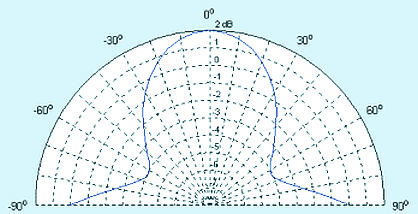
Czy muszę zgłaszać emisję fal radiowych do jakiegoś wydziału (np środowiska)?
Read more: Czy muszę zgłaszać emisję fal radiowych do jakiegoś wydziału (np środowiska)?Pomijając zagadnienie koncesji na zadane pasma częstotliwości pozostaje kwestia promieniowania elektromagnetycznego w kontekście skażenia środowiska. Aktualne przepisy dopuszczają emisję maksymalnie 15W mocy na antenie bez konieczności zgłaszania tego faktu Wydziałowi Ochrony Środowiska (w takim przypadku nie mamy do czynienia z inwestycją znacząco oddziałującą na środowisko).
-
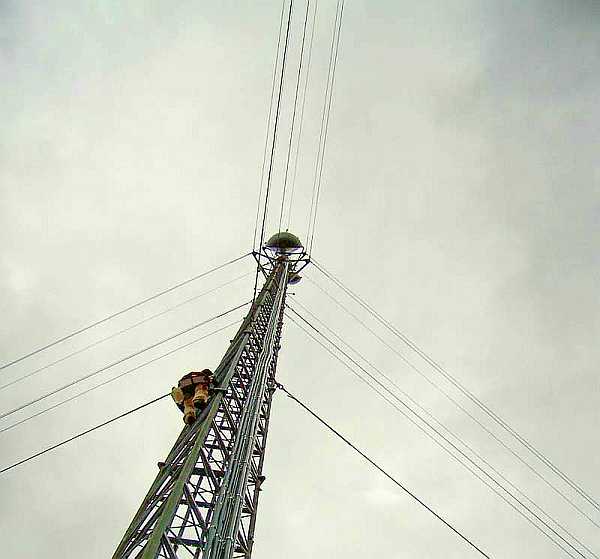
Jak poprawnie rozmieścić odciągi masztu?
Read more: Jak poprawnie rozmieścić odciągi masztu?Ogólna zasada mówi że optymalnie jest umiejscowić odciągi symetrycznie – dla masztów trójkrawężnikowch co 120 stopni patrząc w rzucie poziomym. Jeśli chodzi zaś o odległość odciągu od kratownicy masztu w rzucie pionowym – przyjęło się uważać że odległość punktu kotwiczenia nie może być mniejsza niż połowa wysokości masztu. Przykładowo dla masztu 50 metrowego marka kotwiąca…
-

Jak bezpiecznie dla konstrukcji instalować anteny na maszcie ?
Read more: Jak bezpiecznie dla konstrukcji instalować anteny na maszcie ?Maszt telekomunikacyjny, jak każda kratownica, ma punkty węzłowe które są najmocniejszymi jego miejscami. Wszelkie siły warto jest przykładać właśnie w okolicach węzłów, gdyż minimalizuje to ryzyko uszkodzenia całości. Ma to znaczenie przy instalacji dodatkowych odciągów, mocowaniu lin w czasie stawiania masztu techniką obrotową, czy nawet przy wyborze punktów kotwienia wysięgników antenowych. Punkt węzłowy to miejsce…
-
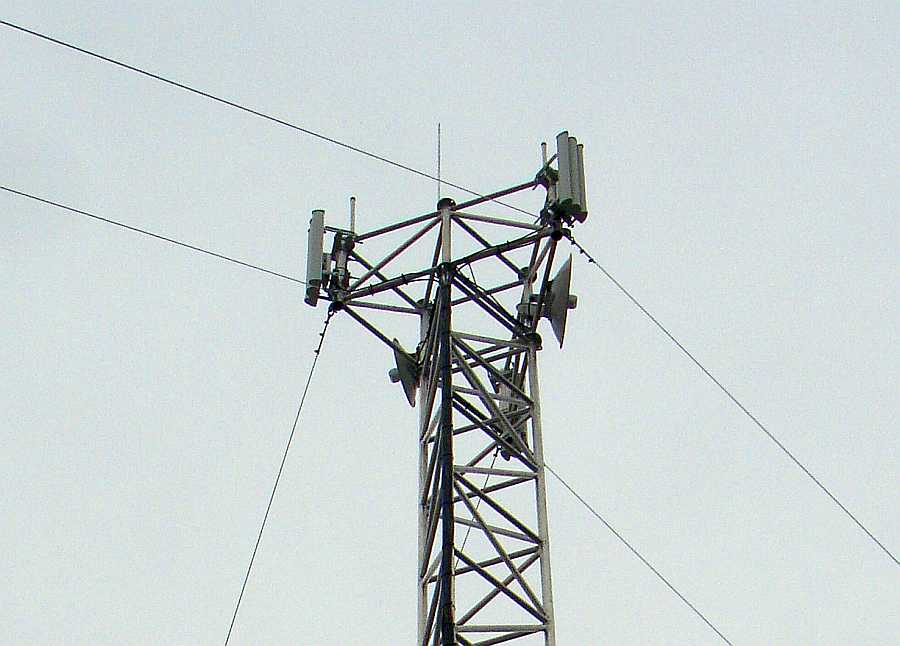
Do czego służy korona separacyjna?
Read more: Do czego służy korona separacyjna?Korona ma dwa zadania, pierwsze wynika z konieczności rozsunięcia anten nadawczych np. sektorowych. Anteny mają promieniowanie wsteczne które może prowadzić do interferencji i zakłóceń. Ponieważ siła pola elektromagnetycznego spada z kwadratem odległości – nawet niewielka separacja znacząco osłabia współodziaływanie anten. Warto sprawdzić specyfikację urządzeń w celu ustalenia minimalnej zalecanej przez producenta separacji anten. Drugim zadaniem…
-
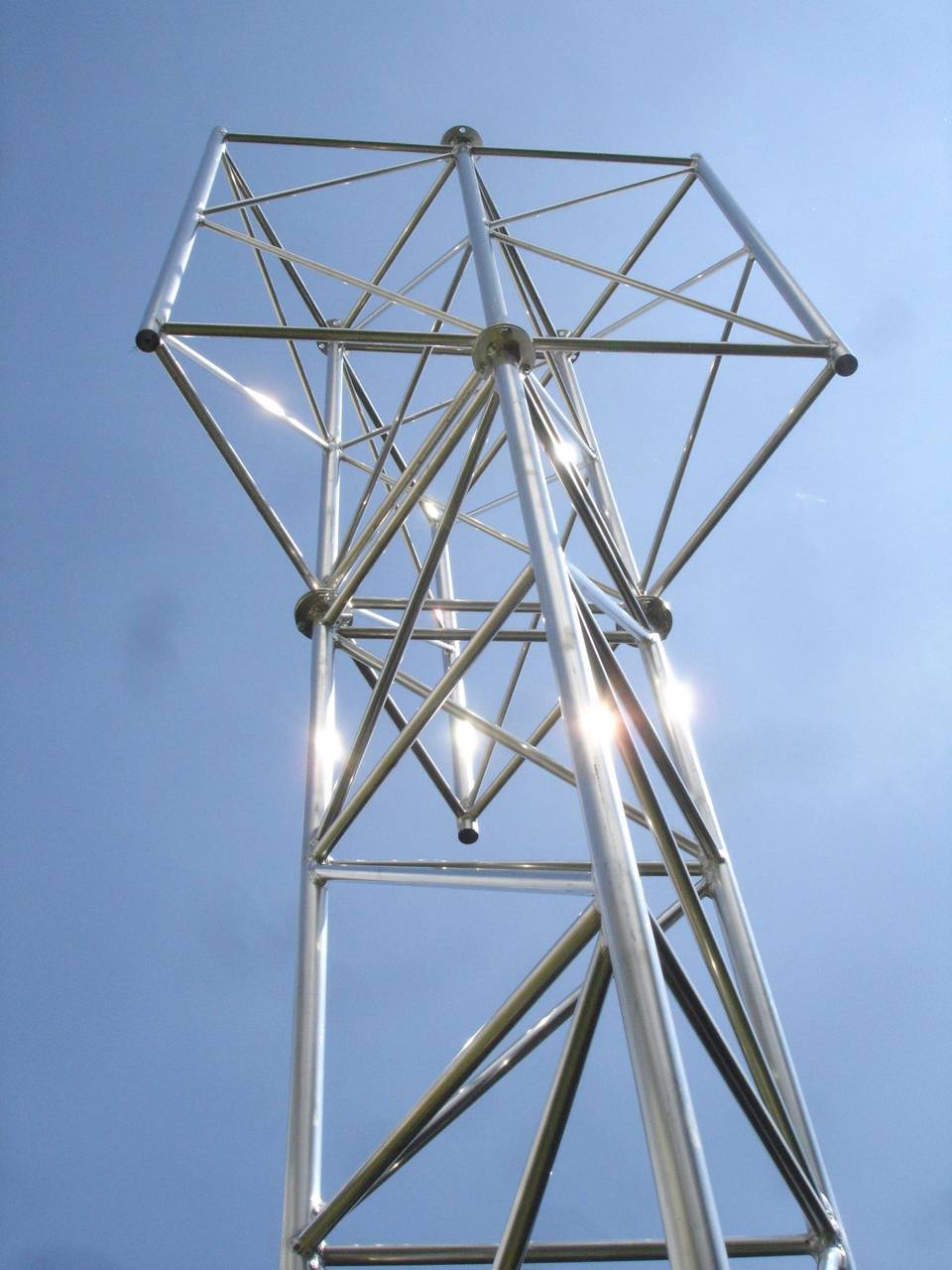
Czy są anteny dla których sztywność konstrukcji masztowej ma szczególne znaczenie?
Read more: Czy są anteny dla których sztywność konstrukcji masztowej ma szczególne znaczenie?Tak, są to wszelkiego typu radiolinie (oraz łącza satelitarne), o skupionej i kierunkowej wiązce transmisji. Zakładając normatywne odchylenie masztu od pionu o 1:100 wysokości, wysokość masztu 30 metrów – przemieszczenie wierzchołka sięga więc 30 cm. Na kilkunastu kilometrach transmisji daje to wielusetmetrowe rozwizowanie anten. Jedną z technik walki z tym niekorzystnym zjawiskiem jest instalacja korony…
Zasubskrybuj
Zaloguj się za pomocą swojego adresu e-mail by otrzymywać nasz newsletter (kwartalnie)
Najnowsze pytania i odpowiedzi
- Współpraca z firmą SpaceForest
- Montaż na kotwy chemiczne – opis techniki
- Jak uniknąć pęknięć mrozowych i ich konsekwencji?
- Optymalizacja wysokości masztów pod radiolinię.
- Stal nierdzewna – Jakie gatunki?
Kategorie pytań
- Brak kategorii (3)
- Ceny (1)
- Dla architektów (8)
- Konstrukcje Sceniczne (3)
- Materiałoznawstwo (6)
- Metalurgia (5)
- Nowości w produkcji (1)
- Prawo (4)
- Pytania i Odpowiedzi (20)
- Radiokomunikacja (4)
- Technologie (12)


